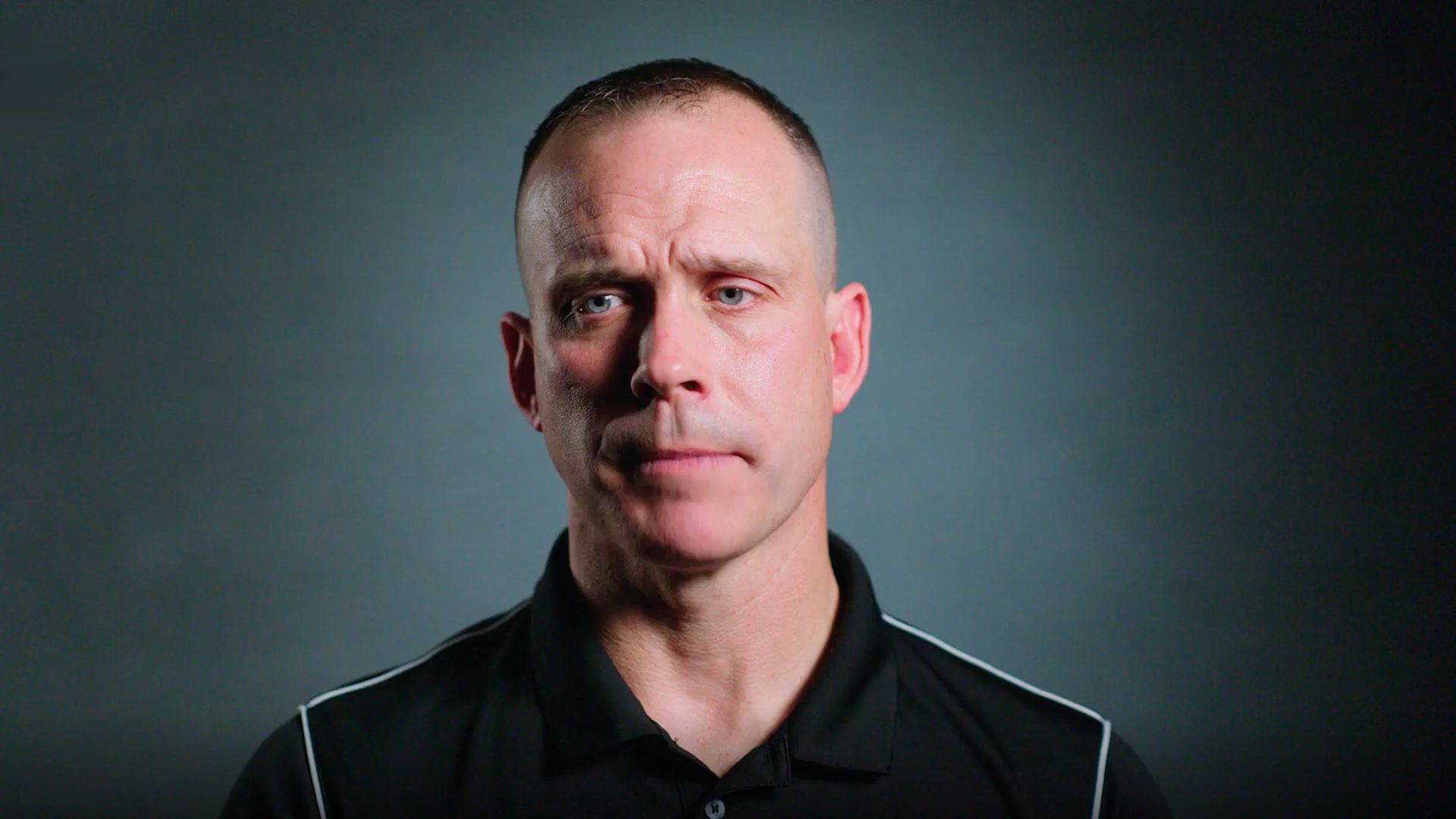#PGAM2023: Protection of Reputation

If problem gambling is affecting an individual, it has the potential to become an issue for more than just the person at the heart of the situation.
As we look at the subject of ‘protection of reputation’ for our second weekly topic of Problem Gambling Awareness Month 2023, two first-hand examples of lived experience from EPIC Risk Management staff highlight how their actions had an impact on the organizations they worked for.
In Dan Trolaro’s case, his issue became his employer’s issue when checks from customers intended to cover the cost of investing in the company’s products were being paid to (and cashed by) himself rather than the organization, so that he could seek to gamble the funds and look to pay the company from the proceeds of wins.
Patrick Chester found that his company’s reputation was affected in a different way – as a self-employed business owner, he too was wagering with funds paid to him by clients with the intention of funding landscape projects, but instead were regularly lost through his gambling. This led to him losing his business license in his home state, and the reputational issue hit to such an extent that he lacked the support he needed in the courtroom when his actions became the reason for a potential custodial sentence.
You can hear directly from both men in another powerful video via our YouTube channel if you click here, or read on for their thoughts on how their lived experience tied in with this week’s topic and led to reputational risk for the institutions they represented…
Dan Trolaro (main photo): “I had a company-issued laptop that I was using to place bets, to research bets, to handicap. Everything was done on the company laptop. I wasn’t going to use the home computer because I didn’t want my wife at the time to find anything out, and I didn’t even think about the company laptop.
“Now that I think about it, there should have been firewalls in place. Those are easy changes and suggestions that should be offered up to companies to help keep them reputationally safe and to keep their employees safe. Because when you have someone like myself who started going down that path, my performance and productivity and work, it was clear as day that I was not producing for those three and a half months during the football season.
“There were a lot of holes that I was able to navigate through and manipulate the system, because a person with an addiction will find those areas of weakness and try to take advantage of them. So when someone like myself does go rogue, it hits the front page of the newspaper; it could potentially put the company at risk.
“Prudential did reimburse all of my victims that I stole money from, so now Prudential is out that money. So it’s a reputational risk, it’s a financial risk, it’s an operational risk. A couple of individuals ended up losing their job as a result of my actions.”
Patrick Chester: “In 2012, I was charged with two counts of first-degree theft for money that I had taken from clients with the best intentions. I never took money from clients thinking, ‘I’m just gonna take this money and not give it back’. My rationale and my thinking was always, ‘I’m just gonna borrow this money for now because I’m gonna win it back. I’m gonna double and triple it up.’
“Well, they had had enough of the stories. They had enough of my lies and deception, and they reported me to the state. The state turned that over to the prosecutors, and I was charged with two counts of first-degree theft, which in my state, Washington state, is a felony.
“It took a couple of years before that would be resolved. But I was now at a point in time in 2012 where I was no longer able to work for myself. In fact, the state, Washington state, revoked my business license. I was no longer able to operate a business in the state of Washington. My reputation was in the gutter.
“I sat in that courtroom as a convicted felon and listened to client after client after client stand up and tell the judge in that courtroom what a bad person I was and how much money I took from them. This went on for almost an hour, and then it’s my turn.
“The defendant has the opportunity to have people stand up on their behalf and say some good things about them.
“I had zero people stand up and talk on my behalf. I had nobody there to speak on my behalf. I had no family members. I had no friends that were willing to come to court and tell the courtroom what a good person I was. I had betrayed the trust of everybody I knew in my life. The judge looked at me and said ‘the best thing for you is to go to jail today’.”
Next week we look at the third of our four focus topics for #PGAM2023 as we talk about the subject of ‘Regulatory Compliance’ – how gambling harm can come with additional legal ramifications and punishments beyond the examples we’ve highlighted here. Further video and written content will appear here and via our social media platforms.